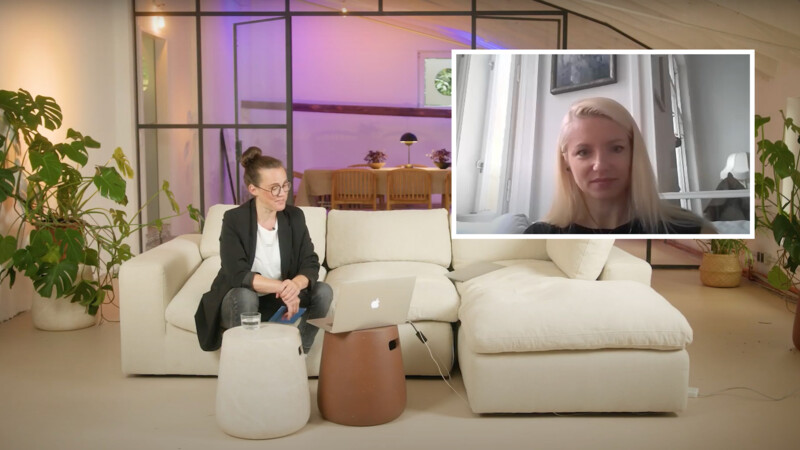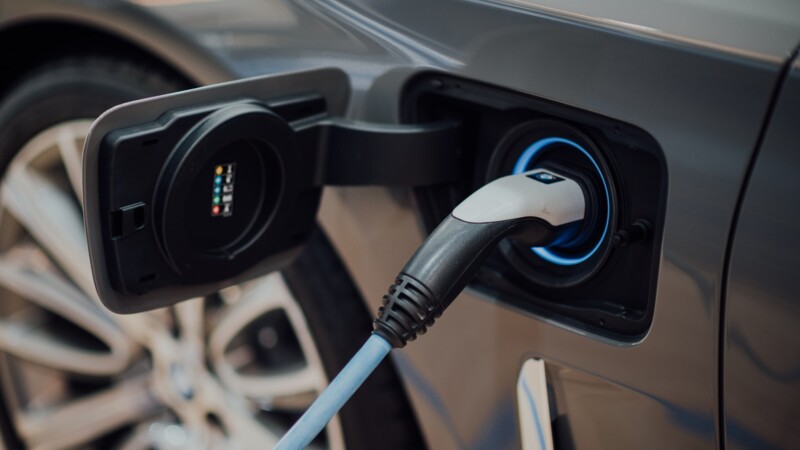The remote-controlled service is likely to increase usage especially in places with a lower population density. Anjes Tjarks, Senator for Transport, said this latest mobility offer benefits the mobility transition and will pay off in many ways: "The electric carsharing fleet opens up outlying areas that are not yet fully served by public transport, thereby offering a convenient, fast alternative to owning a car and reducing both road traffic and noise and CO2 emissions." The partnership with Vay also underscores Hamburg's position as model of digital mobility in Europe. "We are strengthening Hamburg as a centre of innovation and creating highly qualified jobs through new, future-proof technologies."
Users of the Vay car-sharing service will be able to pick up a remotely-controlled, driverless vehicle in 2022. A so-called teledriver steers the vehicle per computer to the customer who then drives to the destination. On arrival, the teledrivers takes over the wheel and users do not have to look for a parking space. The new service is as part of a partnership between the start-up and the City of Hamburg and the start-up.
New service to open up outskirts of cities
Launch in Bergedorf
Vay's electric cars will be available initially in Bergedorf and will supplement public transport. Vay aims to expand the offer to other urban areas. Tjarks commented: "The goal is to integrate the service into the HVV." Founded in 2018, Vay has tested the so-called "Telefahr" technology on public roads in Berlin and Hamburg, but with drivers behind the wheel for two years. The approval process for the driverless service is expected to conclude next year.
tn/sb/pb
Sources and further information
More
Similar articles

ITS World Congress Hamburg 2021 breaks all records

Smart loading zones to relieve traffic in Hamburg

Future Hamburg Talk meets Anna-Theresa Korbutt, HVV Manager Director
